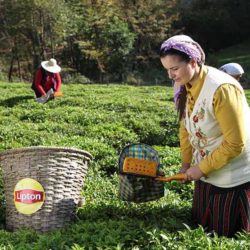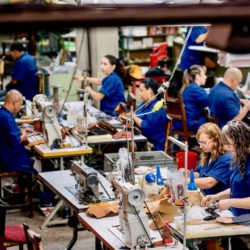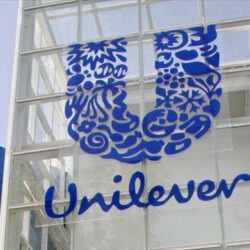Unilever trials blockchain to improve supply chain sustainability

In one of the industry’s first practical applications of blockchain, Unilever has embarked on a year-long pilot project involving the use of the high-profile technology to manage transactions within its tea supply chain. By enabling the project partners to reliably track products throughout the supply chain, the blockchain-based shared data system is expected to make it easier to validate the sustainability of the tea farmers’ agricultural practices and to reward them appropriately.
The blockchain project involves consumer products manufacturer Unilever as well as British grocery retailer Sainsbury’s and packaging company Sappi in conjunction with three banking firms – BNP Paribas, Barclays and Standard Chartered – plus several technology startups. The consortium is developing a system for tracking and verifying contracts for up to 10,000 farmers in Malawi that supply tea to Unilever and Sainsbury’s. Much of the technological support for the project has been provided by Provenance, a blockchain-based supply chain services firm, and Halotrade, a supply chain data processing company supporting information analysis.
In this real-life application of blockchain technology, tea farmers who are focused on methods designed to increase harvests without using more land will benefit from preferential pricing. The partners hope this will incentivize sustainable farming practices. In line with their own sustainability targets, the banks are keen to provide financial support to such practices but often find it difficult to validate whether farmers are truly working with such methods. The initiative also contributes to Unilever’s sustainable agriculture programme, within which it aims to source all of its raw agricultural products sustainably by 2020.
This pilot project involves recording information about the farmers’ produce, including quality, unit price and sustainability-related crop production metrics, to a blockchain. That information can then be accessed in the shared data system by all project partners, including the banks, who can then reward those farmers working with verified sustainable methods by giving them access to more credit, for example, or offering them more attractive borrowing terms.
Blockchain is the secure distributed ledger system used by digital currencies such as bitcoin. It is widely regarded as having countless potential uses for transactions or contracts in all kinds of industries, including to create supply chain transparency. “This innovative new technology will help us increase sustainable sourcing, enhance the livelihoods of the smallholder farmers we work with around the world, and help to make sustainable agriculture mainstream,” stated Keith Weed, Unilever’s Chief Marketing Officer and Head of Sustainable Business.
The trial is initially focused on tea crops, but the scope of the project may well expand to cover other areas as the pilot progresses.










